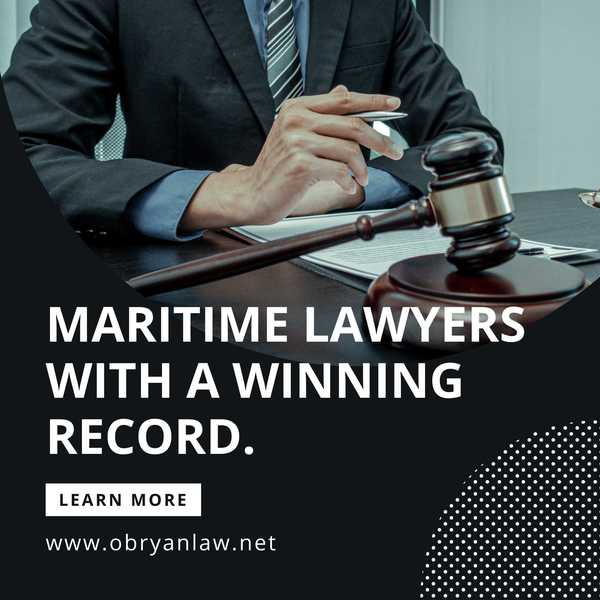Commercial Fishing Boats In Seattle | Obryanlaw.net
Have you been injured or fallen ill while working on any vessel in navigation? Your injury is likely covered by the Jones Act, a series of laws designed to protect and compensate maritime workers in the event of offshore injuries or illness, whatever the cause of the injury. ‘Maritime Injuries’ can have many different meanings, from a river in America to the the high seas and the Gulf of Mexico, or any number of different navigable waterways throughout the world. Rest assured, any worker that works on a vessel on any navigable waterway, including cargo ships, crab/fishing boats, and even floating, or jackup oil rigs are covered by these offshore injury laws. Whatever body of water you work on, the risk for injury is high; cargo can become unmoored, sudden waves can rock the ship, equipment can become faulty and malfunction causing injury, and so on. If you become injured while working on the water, no matter where it is, your injury is covered by the Jones Act.
While the phrase “offshore” can mean different things to different industries, in maritime work, it refers to any worker whose work is performed primarily on offshore installations including oil rigs or a vessel in navigation. This differs from onshore workers in that their work is done on something like a vessel or a drilling rig, whereas onshore workers work in land-based environments such as docks or offices. Since “Offshore Injury Lawyers” refers to any worker whose work takes place in navigable waterways, such as on a vessel in navigation, this term applies to the majority of maritime workers in America. If your work takes place on an oil rig, drilling platform, vessel in navigation,or similar environment, then you are considered an offshore worker under American maritime law.The Jones Act, a series of American maritime laws designed to protect and compensate injured maritime workers, can help defend your rights against even the biggest shipowners.
Hearing loss, however, is particularly common in the maritime industry due to a combination of factors. The equipment used in a lot of maritime work lends itself to a greater risk of hearing loss if the proper safety equipment isn’t provided, and improper maintenance on said equipment can actually increase this risk as the machines may be running even louder than usual. The ever-present risk of head injury can increase this risk as well. Railroad Injury Lawyer, whether partial or complete, is an all-too common side effect of head traumas, and in an environment as dangerous as maritime work can be, these two traumas can often go hand in hand. When it comes to maritime work, these injuries and physical damages are covered under the Jones Act. In particular, the Jones Act calls out Noise Induced Hearing Loss (NIHL) as a common risk posed by maritime work thanks to the types of machinery and equipment involved. Whether it comes from a lack of safety gear, improper maintenance.



Comments
Post a Comment